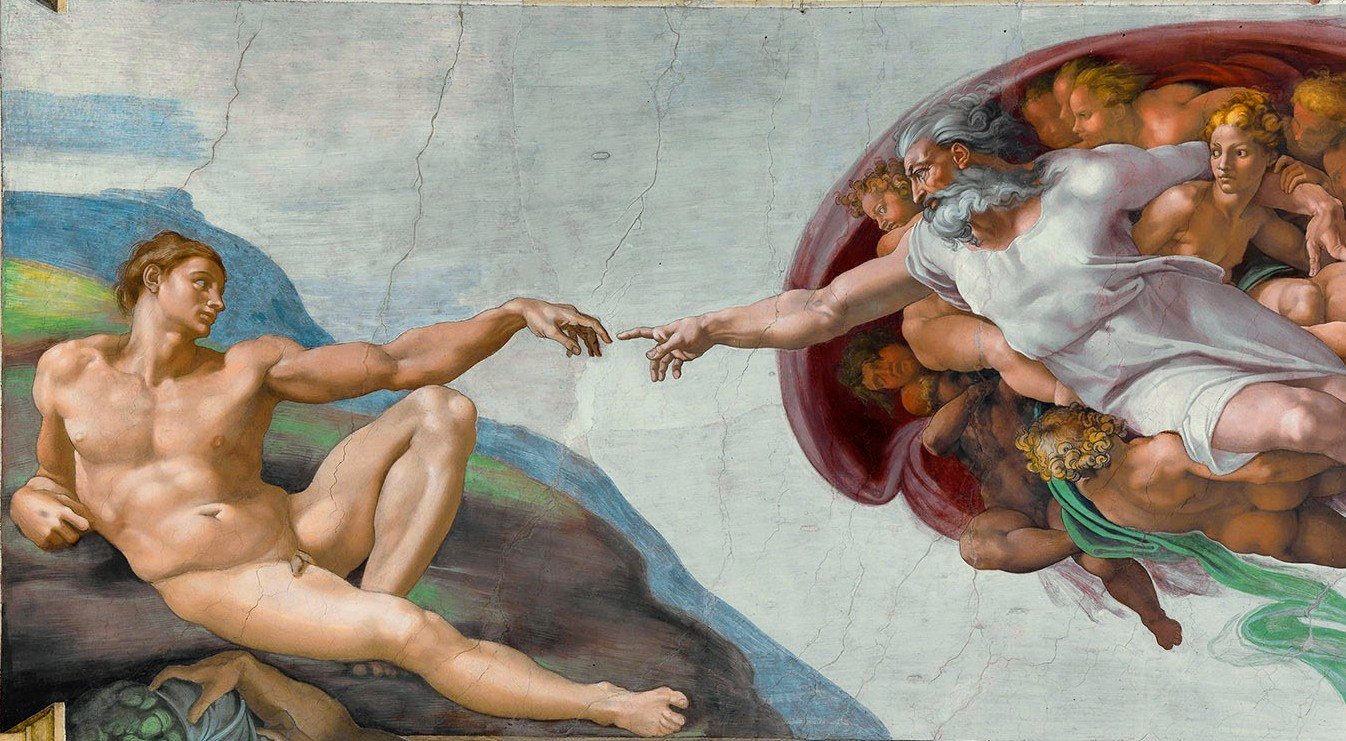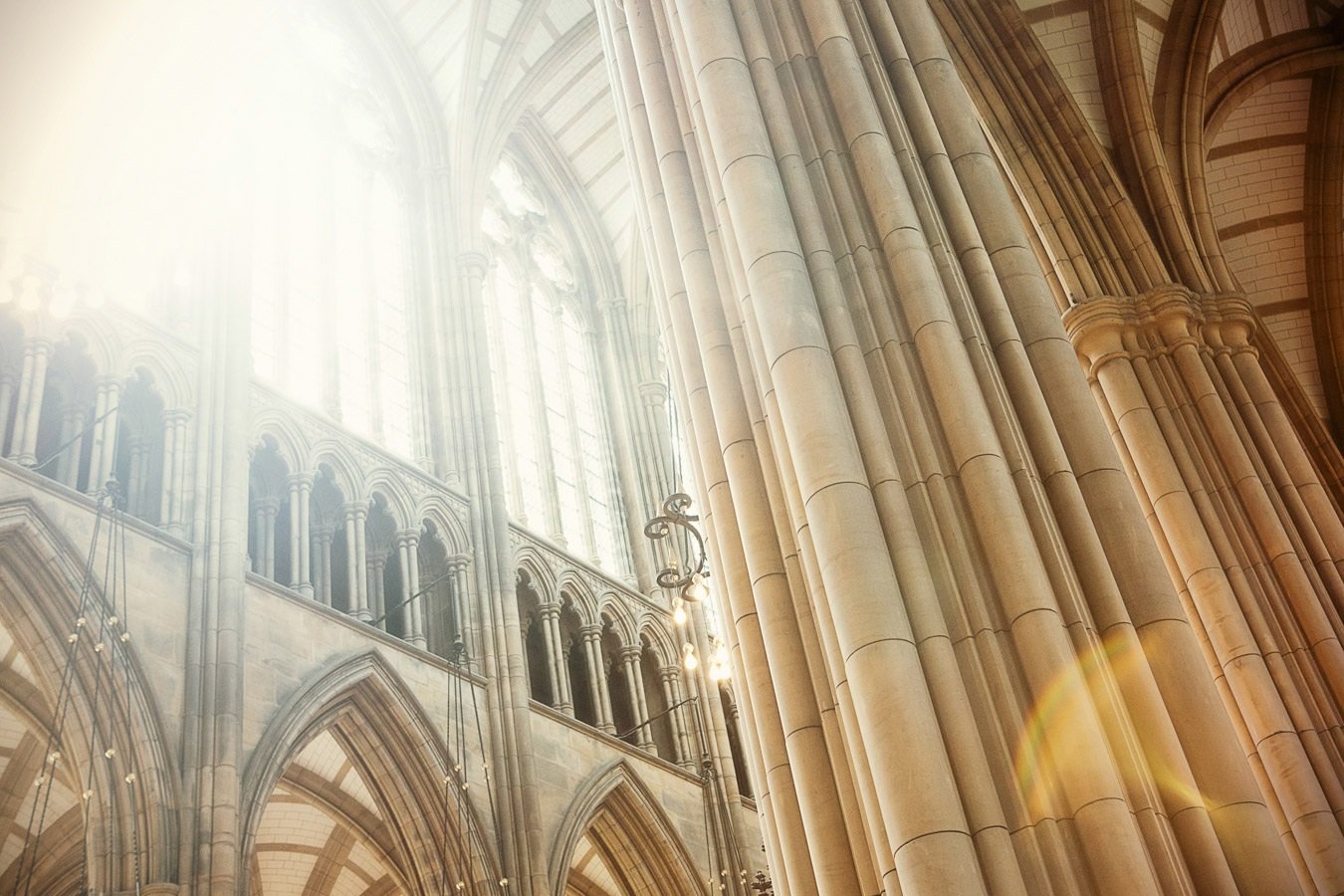How should I say what is infinitely ineffable?
Tag: ineffable
Saint Teresa of Ávila’s “First Vision” Accounts
Saint Teresa of Ávila (1515-1582) was a Spanish mystic, Carmelite nun, and was canonized a Roman Catholic saint by Pope Gregory XV. In her autobiography, The Life of St. Teresa of Jesus, she describes many of her ecstatic visions of the Divine which should ring a few bells for Latter-day Saints.
Our Minds Paint Our Pictures of God
"The [mystical] visions are not ends in themselves but means to an ineffable religious experience that exceeds normal concepts. They will be conditioned by the particular religious tradition of the mystic. A Jewish visionary will see visions of the seven heavens because his religious imagination is stocked with these particular symbols. Buddhists see various images of Buddhas and bodhisattvas; Christians visualize the Virgin Mary [or Jesus]. It is a mistake for the visionary to see these mental apparitions as objective or as anything more than a symbol of transcendence."
Walt Whitman’s “First Vision” Accounts
Walt Whitman (1819-1892) was a noted poet, essayist, and journalist, perhaps best known for his collection of poems titled Leaves of Grass. He wrote of divine experiences on several occasions in his poems.
Nancy Clark’s “First Vision” Accounts
In 1979 she had an experience while giving a eulogy at the funeral of a friend that forever changed her life. She later called it a "near-death-like" experience, being similar to many NDEs (including one she had earlier in life), but she was not near death at all. She describes it in one place this way...
Sophia von Klingnau’s “First Vision” Account
Sophia von Klingnau was a nun who lived in a convent in Klingnau, Switzerland, sometime in the 13th or 14th century. Her writings were published in the Schwesterbücher (Sister Books).
Didn’t the First Vision Reveal the True Nature of God?
A kind reader reached out to me and asked me to elaborate how my writings about the nature of God work with Joseph Smith's First Vision, since it seems that his vision was meant to "clear up the confusion" surrounding the nature of God, the prevailing idea that God "was not made with body, parts or passions." Wasn't "the point" of his vision to "define for the world who/what God was"?
Rabindranath Tagore’s “First Vision” Account
Rabindranath Tagore (1861-1941) was a Bengali author, poet, essayist, playwright, novelist, composer, and painter. He won the Nobel Prize in Literature in 1913, the first non-European to do so. He recounted the following experience that he had while in Calcutta, India.
Thomas Merton’s “First Vision” Account
Thomas Merton (1915-1968) was a Catholic writer, theologian, Trappist monk, and mystic. The following is from his book New Seeds of Contemplation, describing his experiences in contemplation...
Clark Heinrich’s “First Vision” Account
I shared this account in my introductory paper about mysticism, but I think it should be shared as a stand-alone post as well. This is because it is so stunningly similar in many respects to Joseph Smith's accounts of the First Vision.








